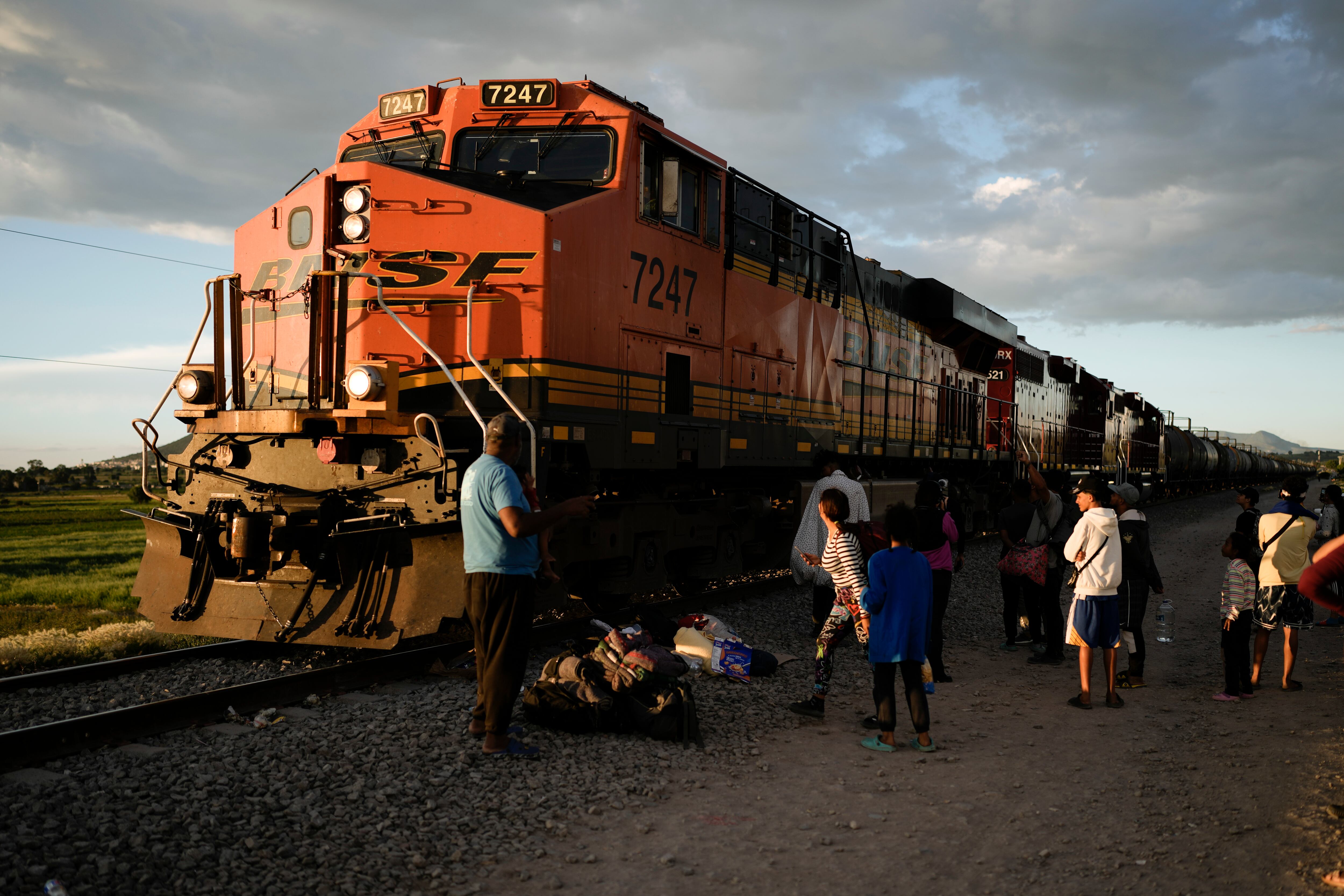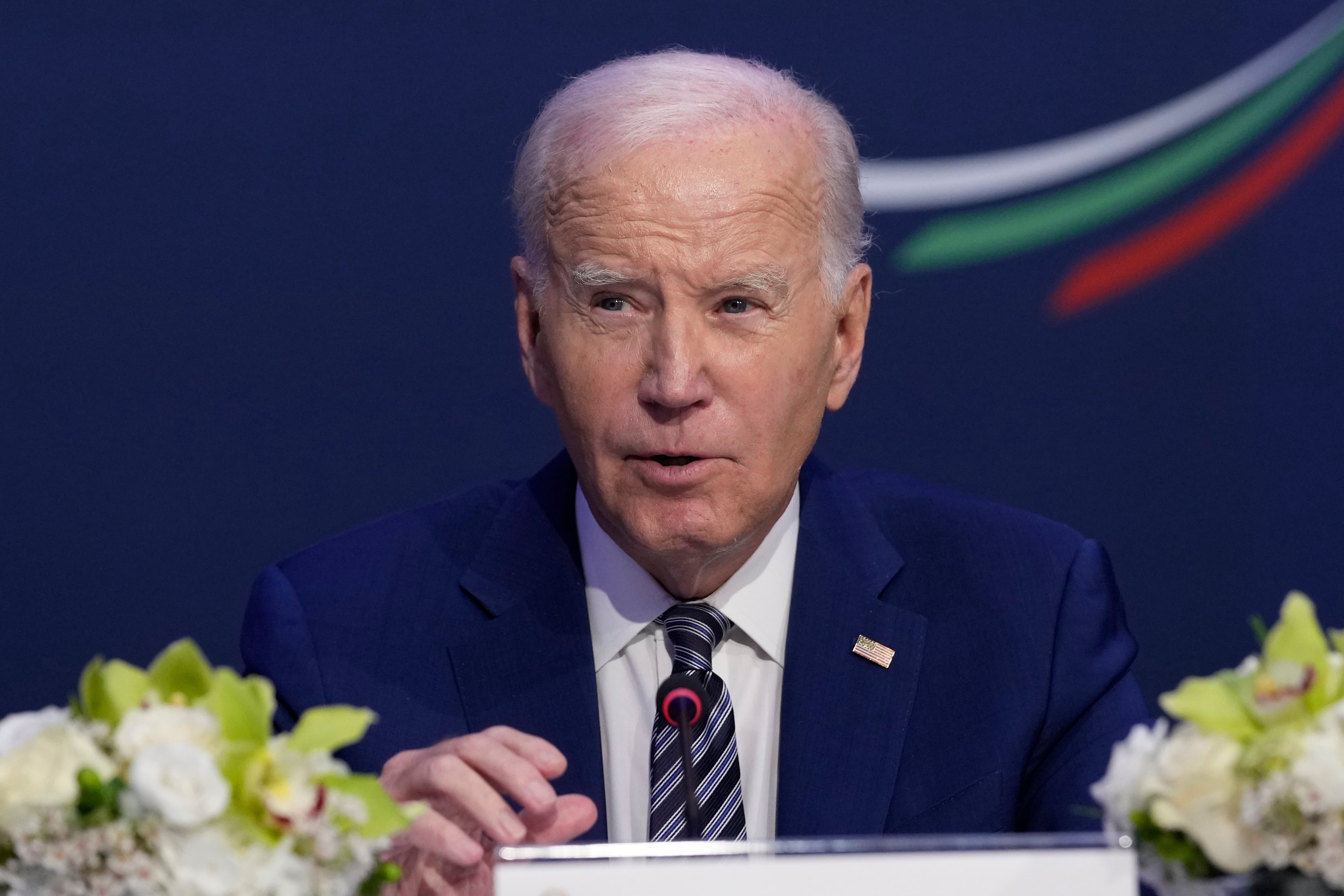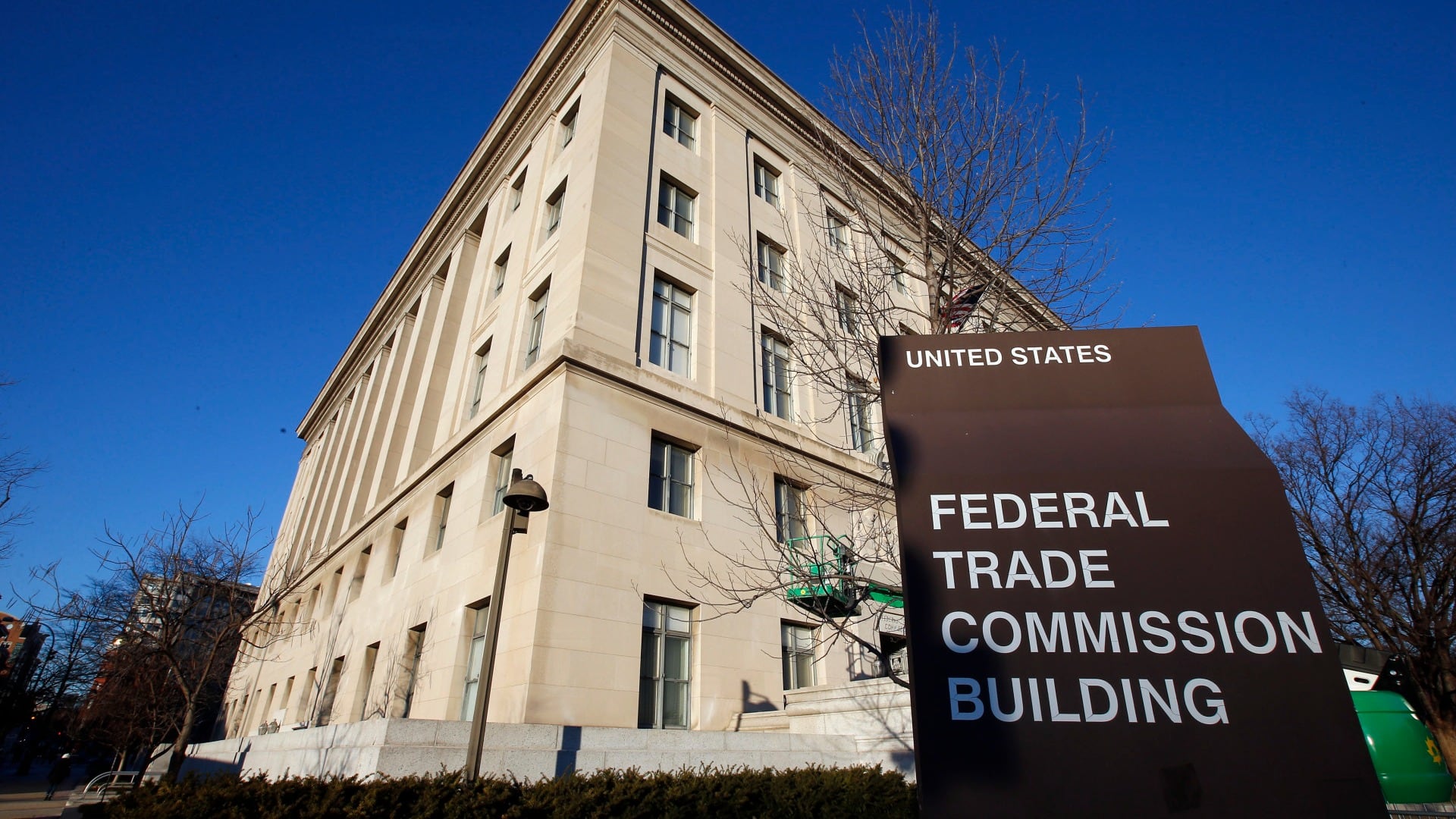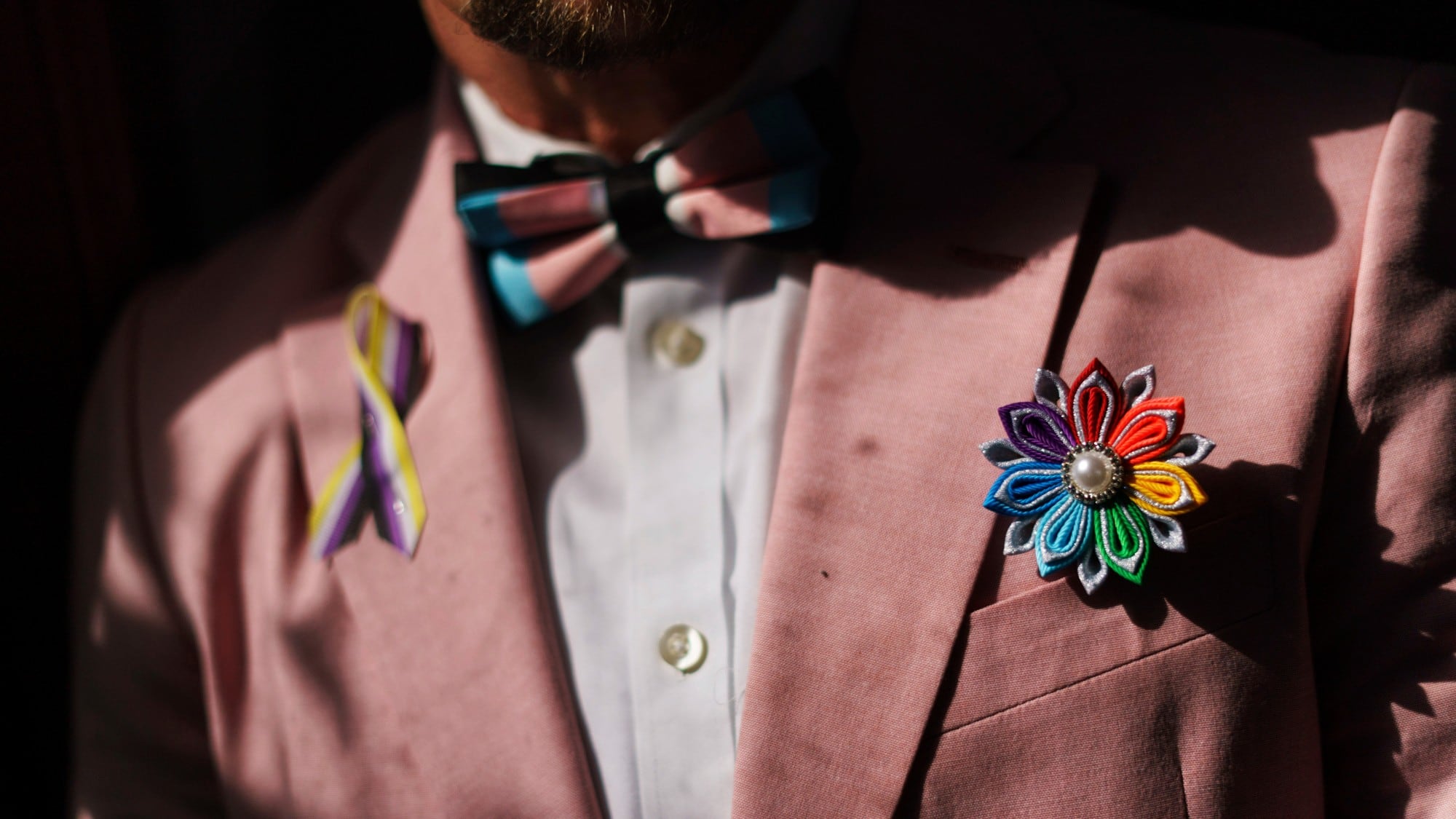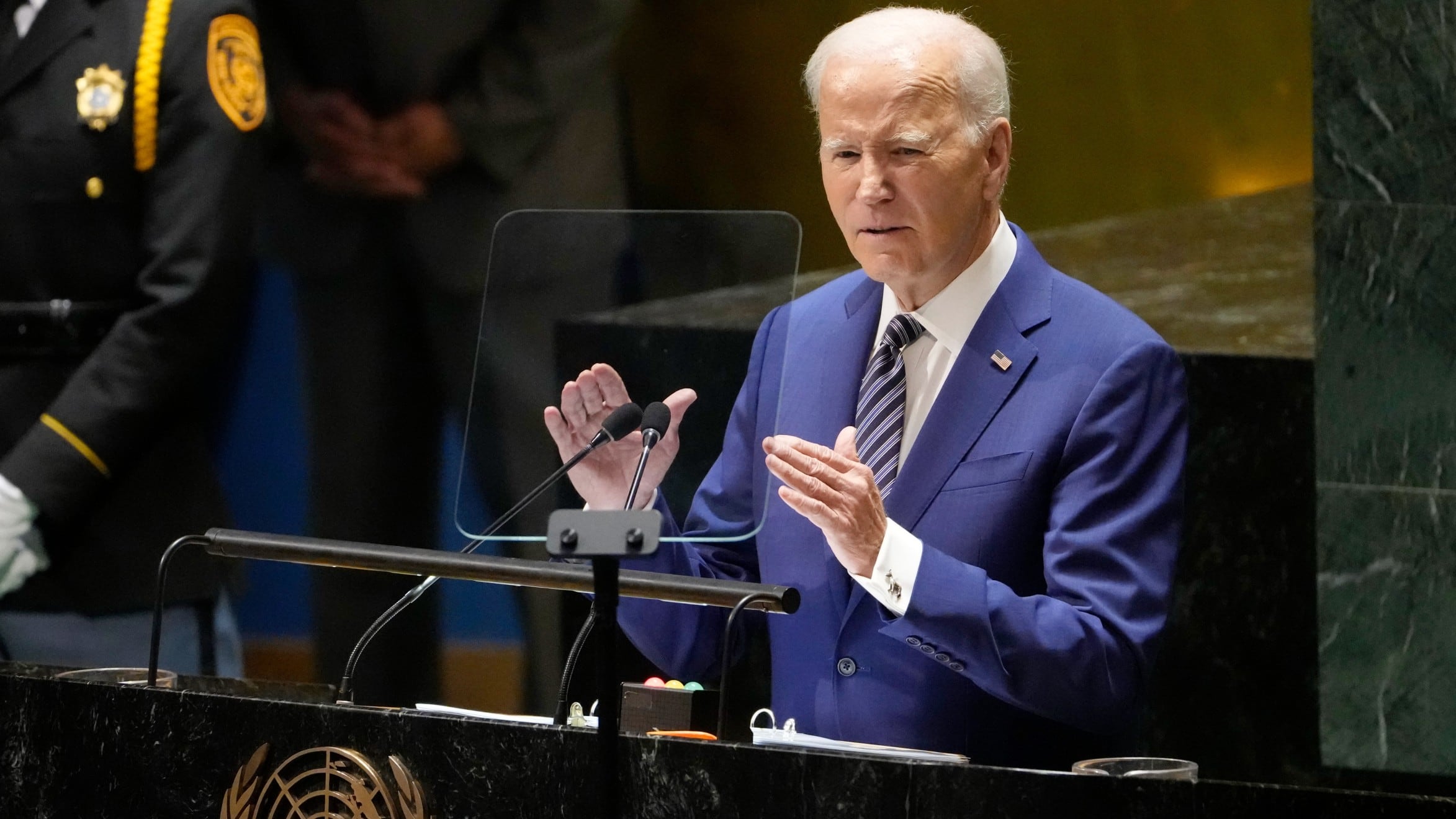President Joe Biden signed legislation Thursday designed to curtail a dramatic rise in hate crimes against Asian Americans and Pacific Islanders.
The House sent the bill to the White House after passing it by a vote of 364-62 on Tuesday. Senators had voted 94-1 in favor of the bill in April.
The legislation will expedite Justice Department reviews of hate crimes and make grants available to help local law enforcement agencies improve their investigation, identification and reporting of incidents driven by bias, which often go underreported.
Speaking at a ceremony in the White House East Room attended by lawmakers of both parties, Biden praised members of Congress for their bipartisanship on the issue, saying they proved "democracy can work and deliver for the American people."
Biden said for too long, all of this hate has been hiding "in plain sight." He said for centuries, Asian Americans "have helped build this nation only to be often stepped over, forgotten or ignored."
The president said "hate can be given no safe harbor in America," adding that "silence is complicity."
To many Asian Americans, the pandemic has invigorated deep-seated biases that in some cases date back to the Chinese Exclusion Act of more than a century ago.
And as cases of the illness began to rise in the U.S., so too did the attacks, with thousands of violent incidents reported in the past year.
Yet to some activists, including organizations representing gay and transgender Asian Americans, the legislation is misguided. More than 100 groups have signed onto a statement opposing the bill for relying too heavily on law enforcement while providing too little funding to address the underlying issues driving a rise in hate crimes.



